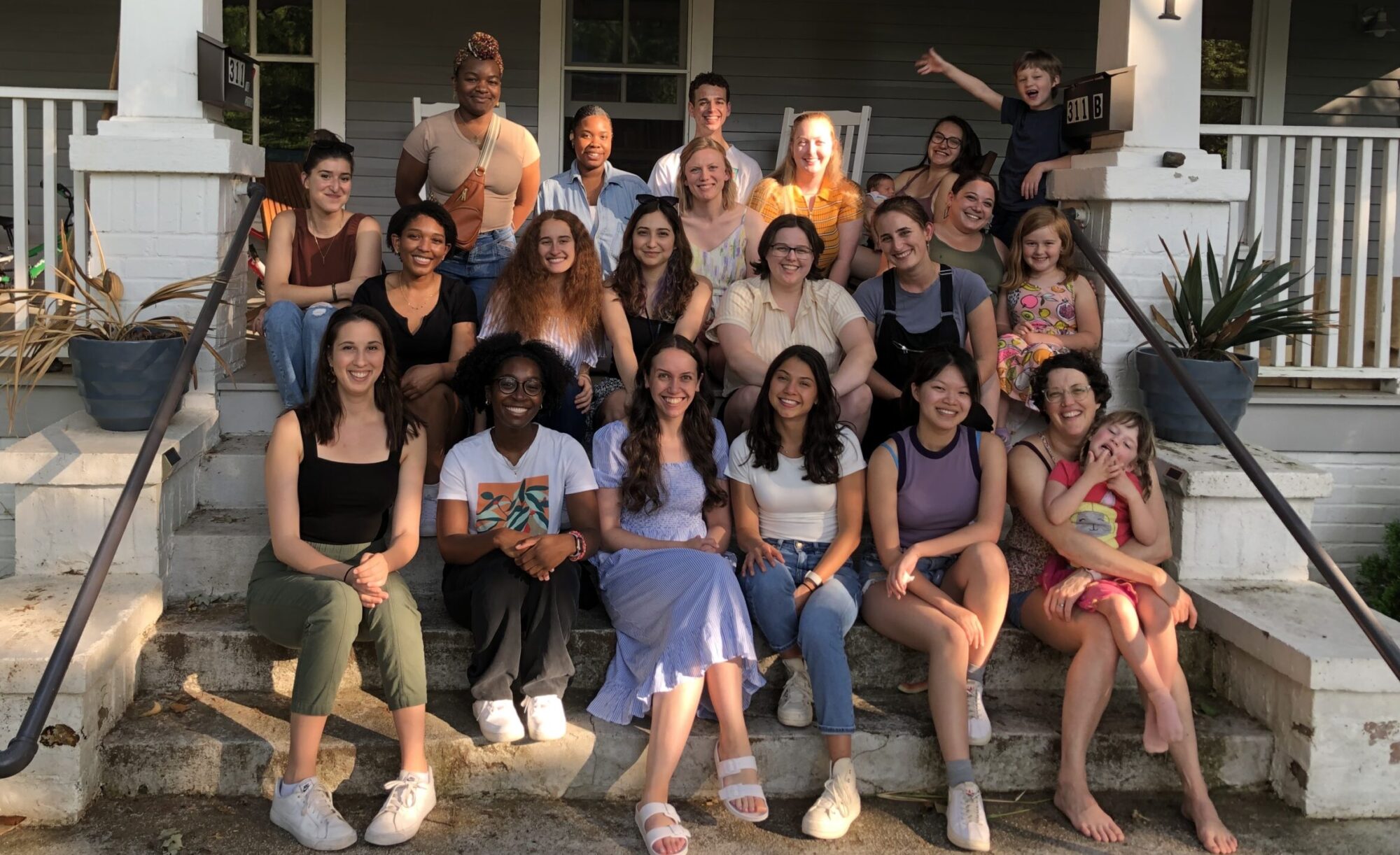Research Summary
If your child participated from 2016 to 2018, they were in the pilot study!
If your child participated from 2019 onward, they are in the main study!
WHALE Pilot Study
Exposure to early adversity (EA) profoundly increases risk for psychopathology, making exposure to EA a central public health concern. The profound and long-lasting effect that EA has on mental health makes it an important area of inquiry for prevention and intervention efforts. The pilot study assessed deprivation, threat, and behavioral performance in children between 4 and 7 years old. Our recruitment strategy is aimed at identifying children with a range of exposure to maltreatment, neglect, and learning opportunities. The pilot study recruited 65 children to complete behavioral tasks (fear conditioning, working memory task, cognitive control task, reward task). Caregivers completed a diagnostic structured interview to assess psychopathology in the child. Children completed interviews assessing exposure to violence and neglect. To date, we have found evidence for differential roles of deprivation, threat, and parent emotion socialization as predicting child performance in the current study. We also found that fear learning can predict risk for PTSD symptoms following Hurricane Florence, a traumatic event for some families in the sample.
Findings from the Pilot Study:
Naudé, A. R., Machlin, L., Furlong, S., & Sheridan, M. A. (2022). Threat responsivity predicts posttraumatic stress disorder hyperarousal symptoms in children after Hurricane Florence. Cognitive, Affective, & Behavioral Neuroscience, 1-13. PDF
Milojevich, H. M., Machlin, L., & Sheridan, M. A. (2020). Early adversity and children’s emotion regulation: Differential roles of parent emotion regulation and adversity exposure. Development and psychopathology, 32(5), 1788-1798. PDF
Machlin, L., Miller, A. B., Snyder, J., McLaughlin, K. A., & Sheridan, M. A. (2019). Differential associations of deprivation and threat with cognitive control and fear conditioning in early childhood. Frontiers in Behavioral Neuroscience, 13, 80. PDF
WHALE Study
This study builds on the pilot in assessing deprivation, threat, and behavioral performance in children between 4 and 7 years old. In our recruitment, we aim to identify children with a range of exposure to maltreatment, neglect, and learning opportunities. We are recruiting an additional 235 families to complete behavioral tasks (fear conditioning, working memory task, cognitive control task, reward task). Caregivers also complete a diagnostic structured interview to assess psychopathology in the child. Caregivers and children complete interviews assessing exposure to violence and neglect. Additionally, during the COVID pandemic in 2020, we sent out weekly surveys assessing the home environment and mental health.
Want to learn more about our “cognitive assessments”? Read this newsletter!
Wonder why we do home visits in our study? Read this newsletter!
Findings from the Main Study:
Machlin, L., Gruhn, M. A., Miller, A. B., Milojevich, H. M., Motton, S., Findley, A. M., Patel, K., Mitchell, A., Martinez, D.M., & Sheridan, M. A. (2022). Predictors of family violence in North Carolina following initial COVID-19 stay-at-home orders. Child abuse & neglect, 130, 105376. PDF
Gruhn, M., Miller, A. B., Machlin, L., Motton, S., Thinzar, C. E., & Sheridan, M. A. (2022). Child Anxiety and Depression Symptom Trajectories and Predictors over 15 Months of the Coronavirus Pandemic. Research on child and adolescent psychopathology, 1-14. PDF
Newsletter on WHALE Findings (09.15.2020)
Current People:
Margaret Sheridan, Adam Miller, Meredtih Gruhn, Ilana Berman, Lucy Lurie, Summer Motton, Maresa Taté, Celina Meyer, Zoe Priddy, Maria Phelps, Dedra Ming, Amy Carolus
Participation
This study investigates how different early life experiences impact brain development. We are seeking children from diverse backgrounds to better understand how a child’s environment can shape the brain. The study consists of three visits. For the first visit, research assistants from our lab will visit participants at their home. For the second visit, families will come to our laboratory on the UNC campus. For the final visit, children will complete an MRI scan at UNC that will take no more than one hour. Participants will be compensated for their time for all visits.
We are looking for participants within the age range of 4-6. If you are interested in participating in this study, please contact us.
Email | 919-914-0588

